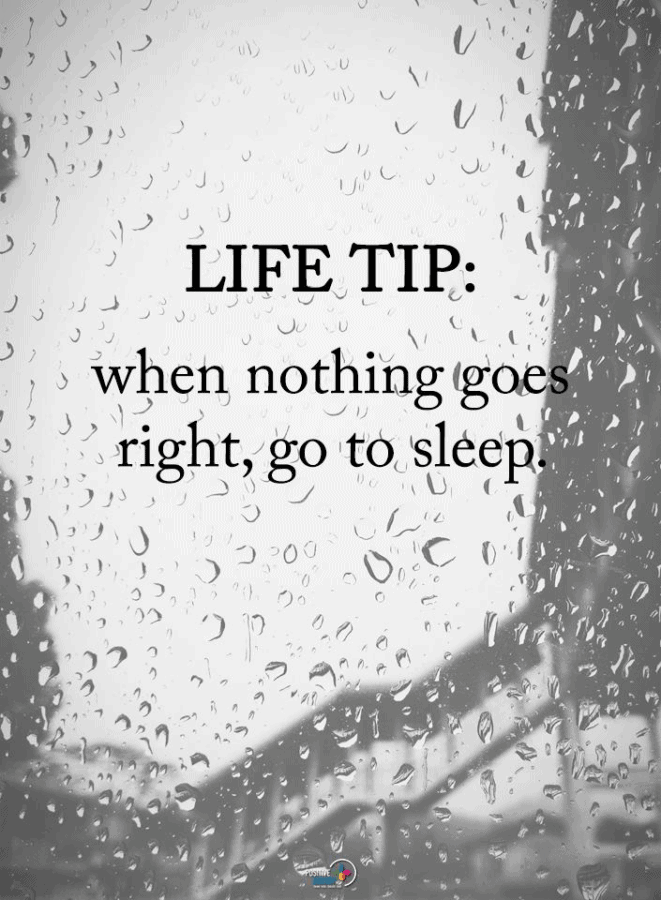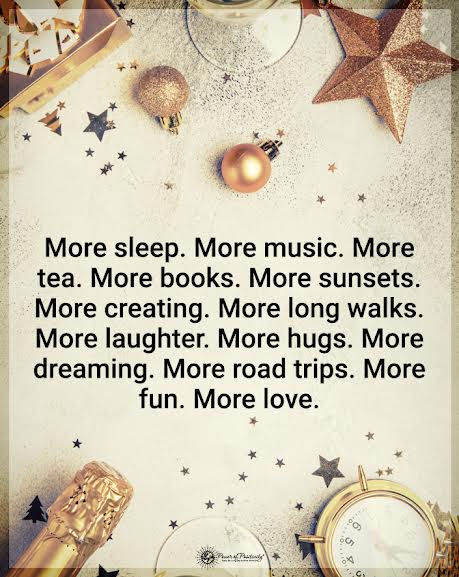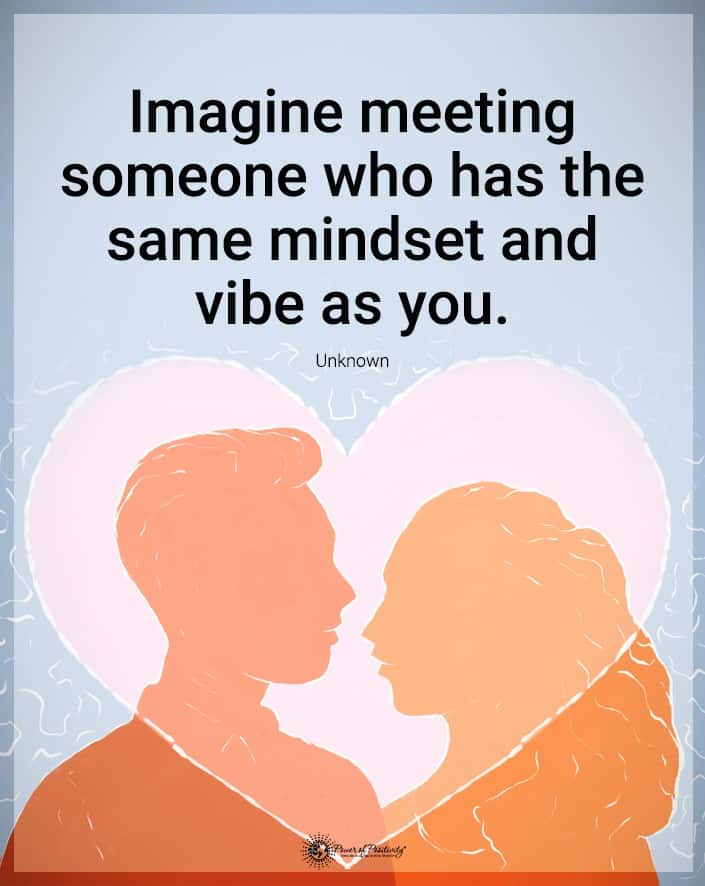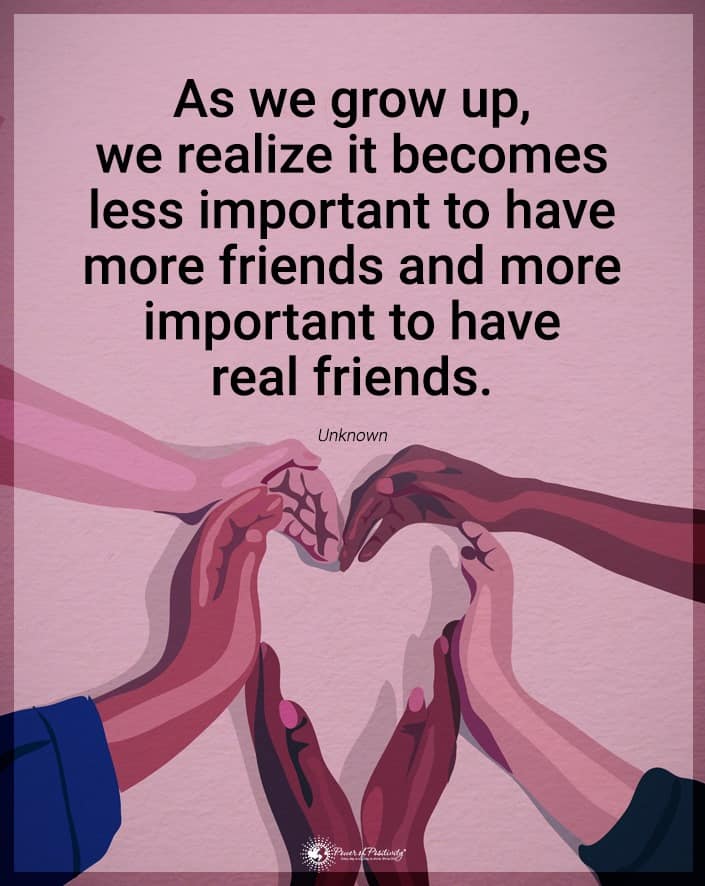How long you will live is partially a matter of chance and partially determined by you and the lifestyle that you lead. Advances in science and medicine have made the lifespan of the average man and woman longer than they ever have been before.
Diet, exercise, family health history, alcohol consumption, and other factors affect how long you’ll live. Since those are factors that you know about, let’s look at 6 things that you didn’t already know that will determine how long you’ll live.
6 Things That Determine How Long You’ll Live
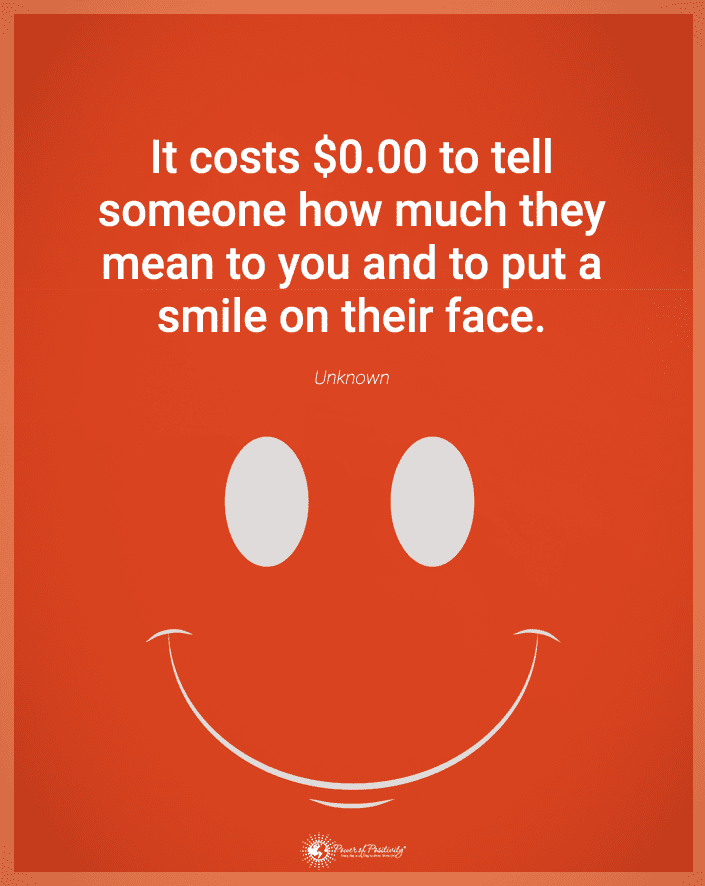
1. Your Level of Happiness
Being an upbeat person who knows the power of positivity can lead you to live a full, healthy, and rewarding life. When you have felt the healing power of smiles, laughter, joy and bliss, you know that a life without the intangible things make a long life worthwhile.
In a long-term study of 700 nuns over many decades, who, as you would expect, were non-smokers, non-drinkers, and abstained from sex, found that those with more positive emotions as young adults tended to live longer than those who did not.
2. Healthy Relationships
From friends to romantic partners, your ability to have sustained connections with other people determines how long you will live. The more close relationships you have that are fulfilling to your mental and emotional well-being, the better for your physical health as well.
Relationships provide an outlet for relieving anxiety, boosting mood and sharing meaningful experiences. When you have a network of friends and supporters who enjoy your company, you feel valued, improving your self-worth.
Having a romantic partnership you can connect with physically and emotionally is also significant for your health. A deep, loving relationship protects your emotional health and helps determine your life span. If you haven’t found your next great relationship, read our article on 3 reasons why lonely people stay lonely.
3. Living Honestly
Lucille Ball said ‘The secret of staying young is to live honestly, eat slowly, and lie about your age.’ It turns out that she was partly right. Living honestly allows you to be your authentic self, which is more fulfilling than hiding a part of yourself.
People who are honest about their shortcomings have less stress between the personality that they try to portray and their actual selves. An excellent example of this would be someone who feels the need to hide their sexual preferences due to fears about the opinions of others. Not having to live a lie helps your mental health and well-being and helps determine how long you’ll live.
4. Your Sleep Habits
Research has repeatedly told us that getting 7-8 hours of sleep per night is healthy for us and can add years to your life. In one study, older people who kept strictly regular sleeping and waking schedules were also more likely to have better cholesterol levels. Regular sleep patterns helped determine how long subjects will live.
It is also helpful to sleep in as dark a room as possible, which helps prevent you from waking during the night and disrupting your circadian rhythm. It seems more helpful to achieve deep and restful sleep if your room is set at a temperature of 64 degrees.
5. Your Level of Sedentary Behavior
So many of us have workplaces where our level of activity is minimal. Most people lack any physical movement for eight or more hours of the day at work. That sedentary lifestyle, combined with our tendency to sit and watch TV or surf the internet during non-working hours, negatively impacts how long you’ll live.
If your workplace or home life has a lot of sitting, try adding walking or stretching breaks every 90 minutes. With a workplace with strict time management requirements, get HR to help your case for adding exercise for the employees to reduce health care costs for your employer.
You can make a rule to stand and move every commercial break if you are at home. Additionally, you can do isometric muscle exercises as you sit. Try tensing and releasing different muscle groups. Keeping your body moving will help determine how long you’ll live.
6. Your Level of Physical Activity
Not only is our lack of movement a problem for how long we will live, but our lack of significant physical exercise is also. Adding a physical fitness program to your daily lifestyle can add years to your life.
As we mentioned, getting up to move rather than sitting watching TV is a good idea. Add yoga during commercials for a flexibility boost. Yoga can also help relieve stress which will help increase how long you’ll live.
Aerobic exercise can help reduce your risk of cardiovascular disease, stroke, diabetes and other illnesses that can cause serious health problems and shorten your lifespan.

